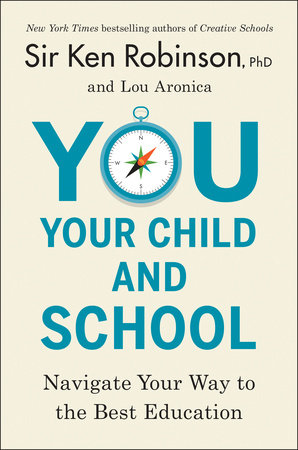Here we are- Easter time! ...
...the celebration of spring, new life, growth, energy, possibilities …life, exuberance, energy!
However, in the worlds of education, we have …. More proposals for testing – and cuts – and educators leaving – and cauldrons of stress ladled out free and with  seconds to all on the receiving end. Joy! Policymakers are spinning tests and conjuring new measuring devices as if their lives and careers depended on it – how industrious they are. And lucky us! We Will be told – and efficiently, too. More joy.
seconds to all on the receiving end. Joy! Policymakers are spinning tests and conjuring new measuring devices as if their lives and careers depended on it – how industrious they are. And lucky us! We Will be told – and efficiently, too. More joy.
Put up, shut up or get out?
Of course myriads of children - and parents – and educators- feel quite differently about how things actually should be – and many are raising voices, taking on this 'other' stick-wielding point of view, trying to make a difference:sometimes by instinct (surely this is not good?), sometimes by experience and knowledge (the observant educator and parent). And some are simply trying to get through the day, or find ways to run away or otherwise survive it all (this is often the lot of the children.)Significantly increasing numbers of parents have been taking the 'get out' option, not seeing any alternative amidst the onslaught of regimes of testing, and going for home-schooling.
During Easter weekend the main educators' union in the UK have been convening and discussing how to protect education against yet more 'high-stakes testing' which is about to be pronounced upon four-year-olds by the UK government. It has been wondered whether the policy-politicians behind all of this have ever been children? Maybe not – that would explain much. But maybe they have been – in which case there is hope.
Commenting on the BBC this week on the government's 'high stakes testing' approach to education, the internationally-renowned educator Professor Sir Ken Robinson cogently outlined the damaging path which education is being pushed down. Do take two minutes to listen to the interview here.
For decades and decades now, educators have been striving to make the case for education which enables, enlivens, connects. Often we've been working and doing this amongst ourselves – which is great and necessary. But this rather leaves parents out on a limb, with varying degrees of disquiet or unhappiness which can simply feel unfathomable, or lead to decisions such as simply keeping their children away from the whole sorry mess. Rather latterly we've realised that 'our information' needs sharing and discussing broadly – that examples of lived, exciting education needs sharing, that aspirations for what education could actually be need blazoning in public spaces. Parents are the potential partners in this re-making of such a basic public good.
In Sightlines Initiative network we feel the urgent need to share how, what, why we work, to give substance to 'an education of the possible' (Loris Malaguzzi, founder-educator of Reggio's educational approach.) We work to engage in our ideas with parents, with the local communities, bringing alive through film, visual and written documentation the exciting learning of children, engaged in deep learning when we manage to keep the fetters off, and give good time, space and attention to what we offer in 'the classroom.'There are many examples on our website and in publications. And colleagues are doing this internationally: we are learning how to connect.
You, Your Child, and School
"Education is sometimes thought of as a preparation for what happens when your child leaves school-getting a good job or going on to higher education. There's a sense in which that's true, but childhood is not a rehearsal. Your children are living their lives now with their own feelings, thoughts, and relationships. Education has to engage with them in the here and now, just as you do as a parent. Who your children become and what they go on to do in the future has everything to do with the experiences they have in the present. If your children have a narrow education, they may not discover the talents and interests that could enrich their lives in the present and inspire their futures beyond school.
I hope [that this book] will be useful in three ways.
- The first is by looking at the sort of education your children need these days and how it relates to your roles as a parent. The world is changing so quickly now that education has to change too.
- The second is by looking at the challenges you face in helping them get that education. Some of those challenges have to do with public policies for education and some more generally with the times we live in.
- The third is by looking at your options and power as a parent to overcome these challenges."
You can read more of it here; and you can view Ken Robinson 's own video introduction here.
We recommend it to all who are striving to envision and empower a broad vision for education and the wellbeing of the children who are and will experience it.



